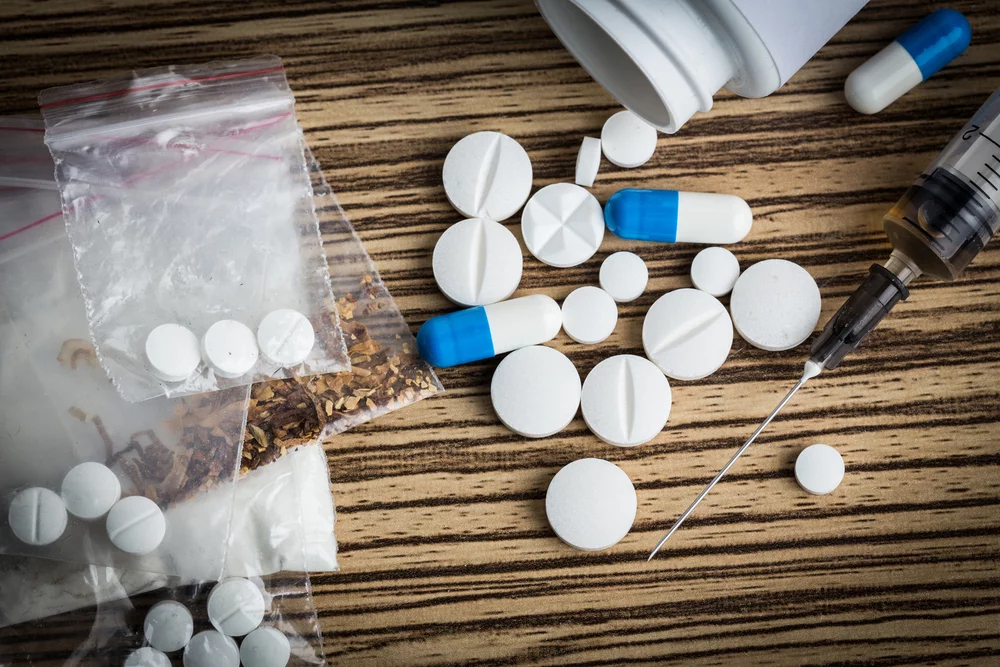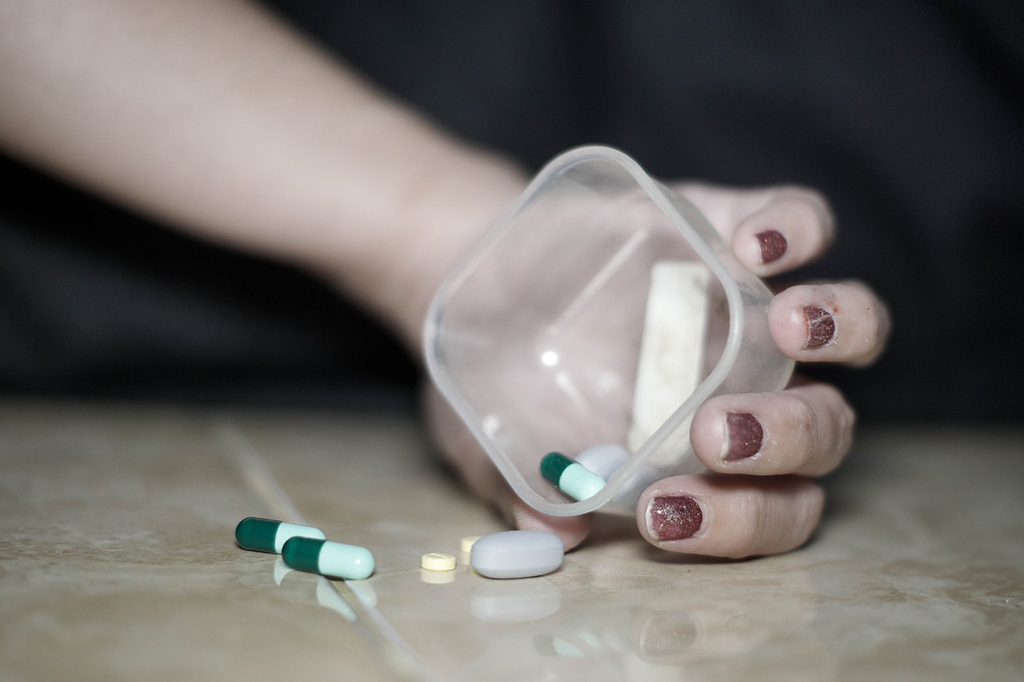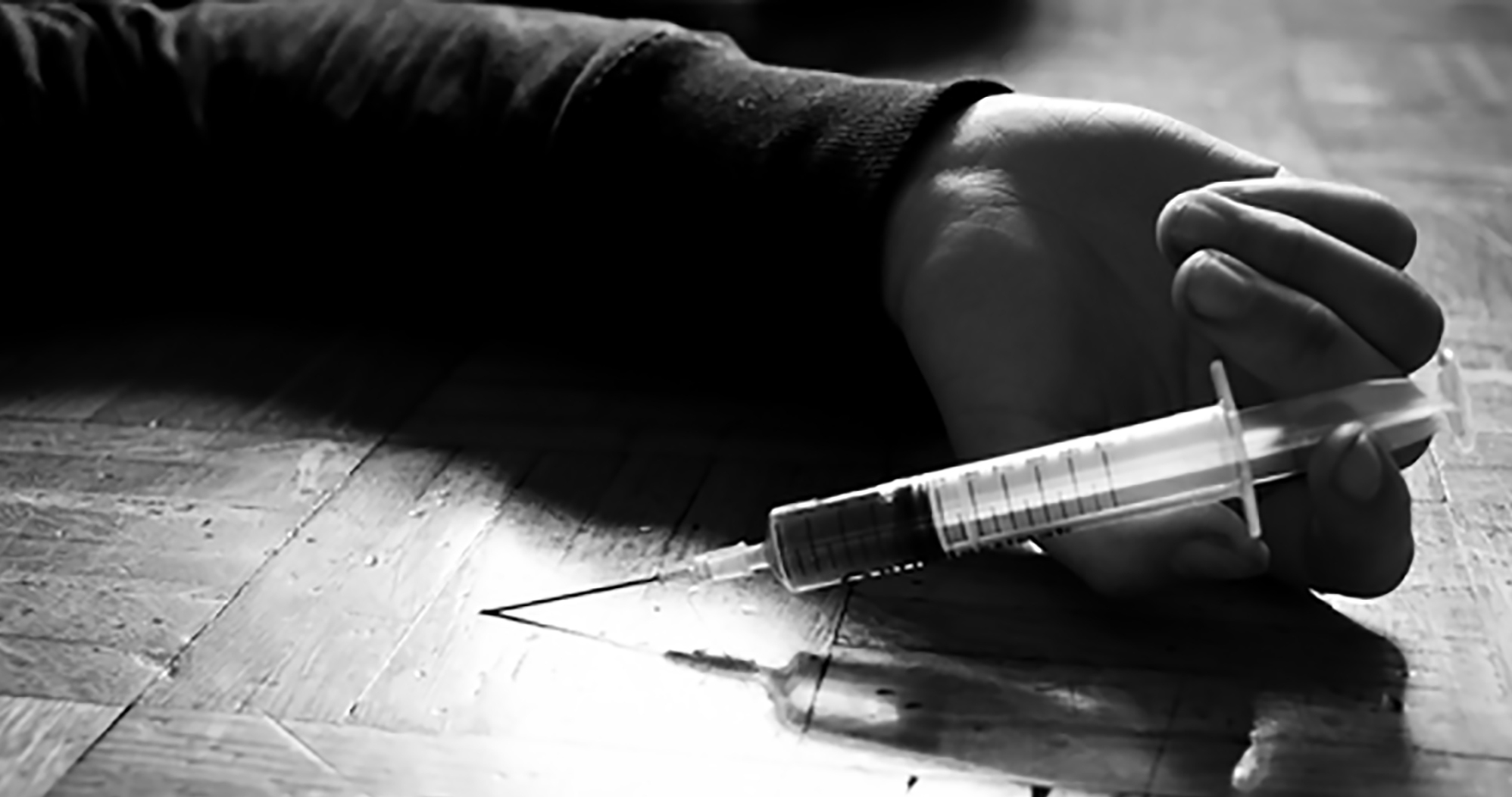You’re supposed to feel better and healthier in recovery, but you often feel yourself getting pulled back into stress, anxiety and depression. You might catch yourself wondering if this is what life is going to be like sober. The good news is that it gets better – while things may be challenging now, this is only a temporary setback.
You have done everything right. You admitted you had a substance problem, and you reached out for help. You detoxed safely, went through a treatment programme, and are continuing to get support as you go further into your recovery. But in spite of all of this you are feeling off, and you’re not quite sure why. Some days are tolerable but unpleasant, but other days you feel like you’re on the brink of relapse. So what’s going on?
While many people are familiar with the initial symptoms of withdrawal you go through when you first begin detox, fewer understand the condition known as post-acute withdrawal syndrome, or PAWS. How PAWS is experienced by those in recovery can vary from person to person, but being able to anticipate it and recognise it as a normal part of the healing process can help you cope with symptoms.
What is Post-Acute Withdrawal Syndrome?
In the recovery process, there are actually two stages of substance withdrawal. The first is detox, in which the body is in acute withdrawal from a substance. This process can involve severe physical symptoms, and is best done under medical supervision. After the body completes this initial withdrawal, the brain begins a post-acute withdrawal phase.
Post-acute withdrawal syndrome can last anywhere from a few weeks to around two years. Many people experience PAWS as coming and going in waves rather than a sustained onset of symptoms, but it can vary between individuals. The length and severity of PAWS tends to correlate with the duration and intensity of the addiction, and can be extremely uncomfortable and play a role in a potential relapse. Symptoms often include a broad range of impacts on mood, physical and mental wellbeing, energy, appetite and sleep.
Symptoms of Post-Acute Withdrawal Syndrome
- Chronic pain
- Irritability, hostility, or anger
- Exhaustion and fatigue
- Brain fog
- Insomnia or other sleep disturbances
- Chronic or unexplained pain
- Decreased sex drive
- Anxiety or panic attacks
- Depression
- Mood swings
- Inability to feel pleasure or enjoyment
- Decreased impulse control
- Heightened sensitivity to stress
- Lack of coordination and fine motor skills
- Urges and cravings to use again
Substances that Tend to Trigger Post-Acute Withdrawal Syndrome
While recovery from any addictive substance can include the onset of PAWS, there are some drugs that more commonly cause PAWS-related symptoms. These can include:
Opiates – opiate use results in extreme changes in the brain’s neurochemistry, and therefore PAWS symptoms can last for months or even years. Typical symptoms include anxiety, depression, insomnia, and decreased impulse control.
Marijuana – marijuana’s potentially sedative effects can mean that some people will experience insomnia when they stop using, which can increase the incidence of PAWS.
Benzodiazepines – often prescribed to treat anxiety or depression, people attempting to wean themselves off of these medications may experience a return of these mental health-related symptoms, as well as PAWS.
Cocaine – those who stop using cocaine tend to experience long-term PAWS symptoms such as depression and reduced impulse control.
Methamphetamines – long-term methamphetamine use can have significant impacts on impulse control, a symptom that can be also a prominent part of PAWS for those in recovery.
Why Does Post-Acute Withdrawal Syndrome Happen?
Post-acute withdrawal syndrome occurs because the mind is essentially recalibrating, slowly correcting the levels of brain chemicals that have been altered by addiction. Addiction changes both the anatomy as well as the chemistry of the brain, upending the brain’s natural reward system and reorienting it around the subject of addiction. This results in a lowered ability to cope with stress and experience pleasure outside of the addiction.
Addiction typically affects the brain’s natural stores of two critical neurotransmitters, endorphins and dopamine, which are linked to mood, the sensation of pain, and the ability to feel pleasure. When a substance is no longer used, the brain must go through the process of bringing these neurotransmitters back up to normal levels.
Additionally, because addiction switches the body’s nervous system into a constant state of high alert, it takes time for this stress response to ease during sobriety. This is complicated by the added stress of recovery, which often triggers a range of emotions and new realities that can feel challenging and uncomfortable. The increased sensitivity to stress during PAWS underscores the need for those in recovery to get help identifying coping mechanisms and support systems while the brain heals.
How to Manage PAWS for a Successful Recovery
Perhaps one of the most important things for managing PAWS is to internalise that this is a temporary condition. Just as a physical injury needs time and rehabilitation to properly heal, the brain also needs adequate time to recover from the ravages of addiction. In order to support yourself as you move through this phase of your recovery, it is important to identify ways to handle PAWS symptoms. These can include things such as:
- Connecting with professional support – whether you are seeing a therapist, attending a support group, or working with a sponsor, it is important to talk about what you’re going through and get advice on how to manage it. Trusted family and friends can also listen and help you move through difficult periods.
- Documenting your symptoms – because PAWS symptoms often ebb and flow, it can be helpful to note when you have symptoms, what they are, and if there are any potential triggers or complicating factors that play a role in these flare-ups.
- Keeping yourself healthy – you are best able to manage the challenges of PAWS when your physical and mental resilience is strong. Getting enough sleep, eating right, exercising, and managing your stress levels puts you in a better position to handle PAWS symptoms when they come around.
If you are feeling like the pressures and discomfort of PAWS symptoms are too much to bear, it is time to connect with a mental health professional to explore other options for your recovery. There are many ways to handle this condition, and an experienced counsellor can help you determine a new method by which to cope.
Moving through Post-Acute Withdrawal Syndrome at The Dawn

At The Dawn Wellness Centre and Rehab Thailand, our team of specialists has years of experience treating addiction and recovery at every stage. We offer holistic, highly personalised, residential treatment for addiction as well as any co-occurring disorders. Our approach targets the root causes of your issues, while also focusing on broadening your coping mechanisms to deal with stress and hardship as you overcome your addiction and reclaim your life. You will not only benefit from individual therapeutic sessions and group therapy, but a wide variety of wellness practices such as yoga, meditation, fitness training, and more to promote a healthy, thriving mind-body connection.
Call The Dawn today and learn more about what we can offer you to ensure a sustainable recovery.
Related Posts
 What You Need to Know About Opioid Withdrawal Symptoms, Detox and Treatment
Opioid addiction is becoming a global problem and is currently the primary cause of drug overdose in the U.S. Opioids such as morphine and codeine are synthetic drugs that cause the...
What You Need to Know About Opioid Withdrawal Symptoms, Detox and Treatment
Opioid addiction is becoming a global problem and is currently the primary cause of drug overdose in the U.S. Opioids such as morphine and codeine are synthetic drugs that cause the...
 Medical Detox: An In-Depth Guide
Deciding you have an alcohol or drug addiction and considering a medical detox is the first step towards taking your life back. The idea of quitting can feel overwhelming for...
Medical Detox: An In-Depth Guide
Deciding you have an alcohol or drug addiction and considering a medical detox is the first step towards taking your life back. The idea of quitting can feel overwhelming for...
 The Process of Heroin Detox : What You Should Know About Heroin Detoxification, Withdrawal and Treatment
Starting the healing process after heroin abuse requires the elimination of heroin in the body through a process called detoxification, or detox for short. This initial step in the treatment...
The Process of Heroin Detox : What You Should Know About Heroin Detoxification, Withdrawal and Treatment
Starting the healing process after heroin abuse requires the elimination of heroin in the body through a process called detoxification, or detox for short. This initial step in the treatment...
 Burnout – when your professional duties leave you mentally frazzled
Most people have dealt with workdays that were so long and stressful that they would come home too tired to do anything. Rest usually helps, but if this fatigue lasts...
Burnout – when your professional duties leave you mentally frazzled
Most people have dealt with workdays that were so long and stressful that they would come home too tired to do anything. Rest usually helps, but if this fatigue lasts...





